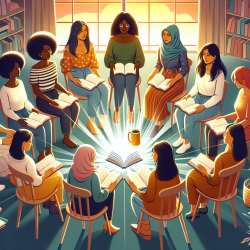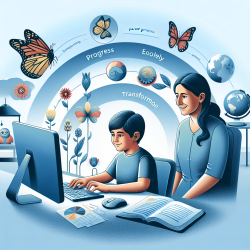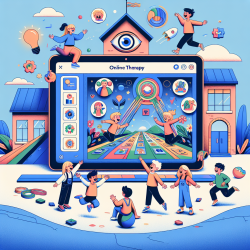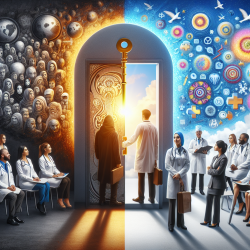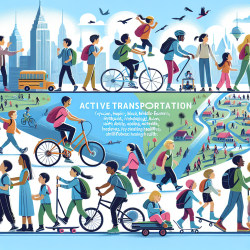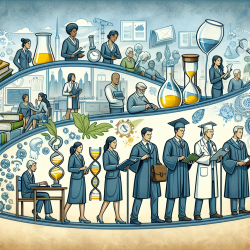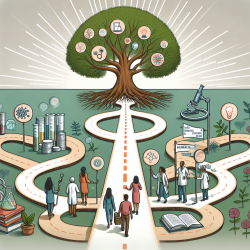The impact of social relationships on health and well-being is well-documented. Quality relationships can enhance mental and physical health, while toxic ones can have detrimental effects. In recent years, community health practices have emphasized the importance of trust-based and egalitarian relationships between patients and healthcare professionals. One innovative approach that embodies this philosophy is the Dialogic Literary Gathering (DLG), a practice that has shown significant benefits in educational settings and is now making waves in healthcare.
The Power of Dialogic Literary Gatherings
Dialogic Literary Gatherings are based on the collective co-creation of meaning and knowledge through reading and engaging in dialogue on universal literary works. These gatherings promote egalitarian relationships and have been shown to improve mental health and well-being across diverse populations. However, their application in primary healthcare centers is a relatively new frontier.
Case Study: DLG in a Primary Healthcare Center
A recent study explored the impact of DLGs on participants' mental health and well-being in a primary healthcare center in Barcelona. The study focused on vulnerable adult women, most over 75 years old with no higher education. Through life stories, focus groups, and interviews with participants and professionals, the study revealed profound improvements in mental health and well-being.
Building Community and Support
- Friendship and Solidarity: Participants reported developing strong friendships and support networks within the DLG. These relationships provided crucial emotional support during difficult times, such as illness or personal loss.
- Expression and Reflection: The gatherings offered a safe space for participants to express their feelings and reflect on personal experiences through the lens of classic literature.
Transforming Lives Through Literature
- Empowerment: Participants gained a sense of empowerment by reading and discussing complex literary works. This newfound confidence often extended beyond the gatherings, influencing their interactions with family and healthcare professionals.
- Egalitarian Relationships: The DLGs fostered more egalitarian relationships between participants and healthcare providers, leading to shared decision-making in health matters.
The Broader Implications
The success of DLGs in this healthcare setting highlights their potential for broader application. By fostering community support and empowering individuals through dialogue, DLGs can enhance mental health outcomes across various contexts. This approach aligns with public health goals of promoting well-being through social connection and empowerment.
Encouraging Further Research
The findings from this study underscore the need for further research into the application of DLGs in diverse settings. Practitioners are encouraged to explore how these gatherings can be integrated into their own practices to enhance patient care and community well-being.
To read the original research paper, please follow this link: Impact on mental health and well-being of the dialogic literary gathering among women in a primary healthcare centre.
